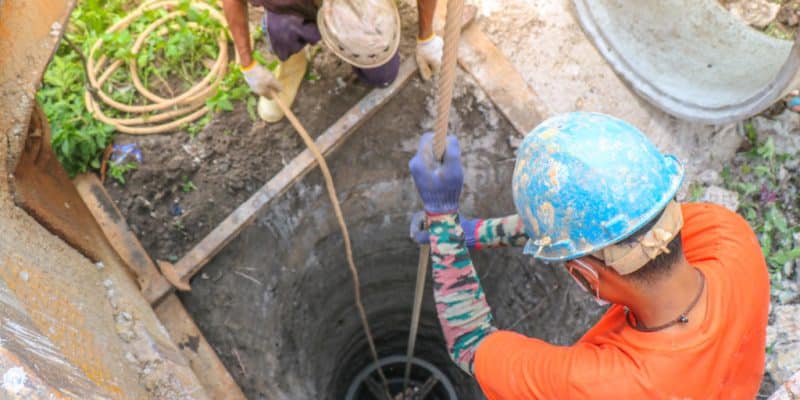At a time of increasing drought in Libya, water security for the population remains the priority of the Tripoli government, led by Abdelhamid Dbeibah, which has just unveiled a major water supply project. The project involves the construction of 207 water wells in five areas of Libya.
The new water supply project was unveiled on 28 February 2024 by Abdelhamid Dbeibah, who heads the Tripoli government, one of Libya’s two governments. It is essentially based on the construction of water wells. The aim is to improve water supply to households and farmers in the North African country.
More specifically, 207 water wells will be built by the Executive Authority for the Drilling and Maintenance of Water Wells, chosen as the project’s implementing agent by the government in Tripoli, which is the government recognised by the international community at a time when Libya has been torn apart by more than a decade of civil war.
Additional production of 37,000 m3 of water
“Many towns and villages are suffering from water shortages, which represents a major challenge for Libyans, who must change this reality”, said Abdelhamid Dbeibah.
The new facilities will be divided between the eastern region (48 wells), the western region (76 wells), the central region (37 wells), the south (29 wells) and the south-eastern region, located in the part of Libya governed by Abdelhamid Dbeibah. The expected daily production capacity is 37,000 m3 for all the water wells.
This project comes four months after the presentation of the Tripoli government’s National Water and Sanitation Plan, which will be implemented from 2024 until 2050. The aim is to secure these essential services in Libya.
At present, the country needs 2 million m3 of water per day to meet the demand of its population, but is only capable of producing 1.4 million m3, a deficit of 580,000 m3 per day. And the few resources available are becoming increasingly scarce as a result of the drought.
Inès Magoum






